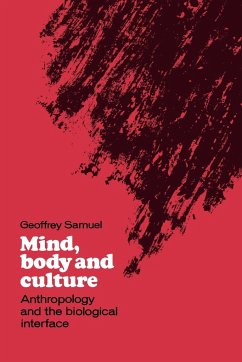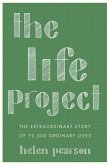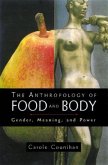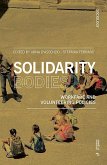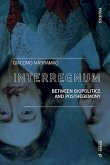The author draws on his background in physics to suggest a scientific approach to aspects of human behaviour which have been traditionally described as cultural or social.
Concerned with the aspects of human behaviour which have been traditionally described as cultural or social, the author draws on his background in physics to suggest a scientific approach involving a reconceptualization of many of our assumed concepts. Are culture, society and similar concepts from anthropology and sociology of any real use in making sense of human social life? How can we understand the relationship between the social group and the individual human beings, with their self-awareness and sense of personal identity, who make it up? Drawing on his background in physics, Dr Samuel suggests a scientific approach involving a reconceptualization of many of the concepts we take for granted. The multimodal framework, or MMF, derives from this approach. It incorporates many of the insights of social and cultural anthropology, particularly the work of Gregory Bateson and Victor Turner, as well as being influenced by recent developments in the philosophy of science and related fields. Finally, the book considers some of the implications of the MMF for biological approaches, and focuses on questions of brain structure and on evolutionary explanations for human social behaviour.
Table of contents:
Preface; 1. New paradigms and modal states; 2. A natural science of society; 3. Starting points I; 4. Starting points II; 5. Interpreting the flow; 6. The multimodal framework; 7. The Ndembu modal state repertoire; 8. Sociocentric modal states; 9. Shamanic mechanisms; 10. The growth of the clerical approach; 11. Technical and transformational mechanisms; 12. Mind, body and culture; Conclusion; Notes; References; Index.
Hinweis: Dieser Artikel kann nur an eine deutsche Lieferadresse ausgeliefert werden.
Concerned with the aspects of human behaviour which have been traditionally described as cultural or social, the author draws on his background in physics to suggest a scientific approach involving a reconceptualization of many of our assumed concepts. Are culture, society and similar concepts from anthropology and sociology of any real use in making sense of human social life? How can we understand the relationship between the social group and the individual human beings, with their self-awareness and sense of personal identity, who make it up? Drawing on his background in physics, Dr Samuel suggests a scientific approach involving a reconceptualization of many of the concepts we take for granted. The multimodal framework, or MMF, derives from this approach. It incorporates many of the insights of social and cultural anthropology, particularly the work of Gregory Bateson and Victor Turner, as well as being influenced by recent developments in the philosophy of science and related fields. Finally, the book considers some of the implications of the MMF for biological approaches, and focuses on questions of brain structure and on evolutionary explanations for human social behaviour.
Table of contents:
Preface; 1. New paradigms and modal states; 2. A natural science of society; 3. Starting points I; 4. Starting points II; 5. Interpreting the flow; 6. The multimodal framework; 7. The Ndembu modal state repertoire; 8. Sociocentric modal states; 9. Shamanic mechanisms; 10. The growth of the clerical approach; 11. Technical and transformational mechanisms; 12. Mind, body and culture; Conclusion; Notes; References; Index.
Hinweis: Dieser Artikel kann nur an eine deutsche Lieferadresse ausgeliefert werden.

